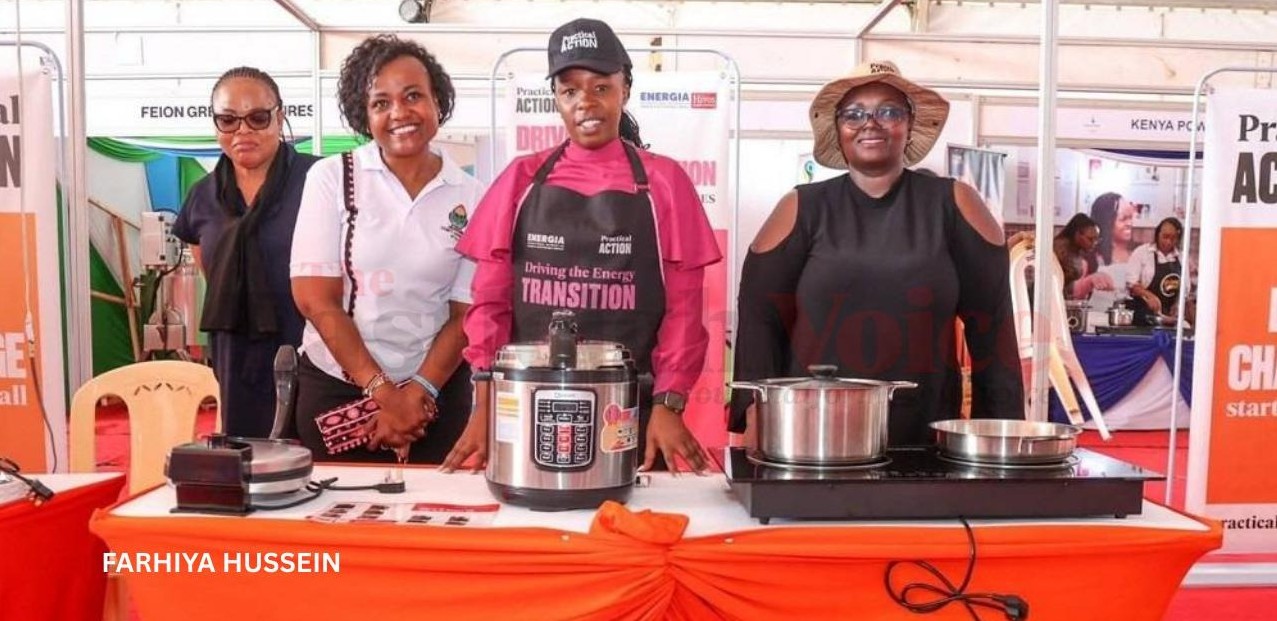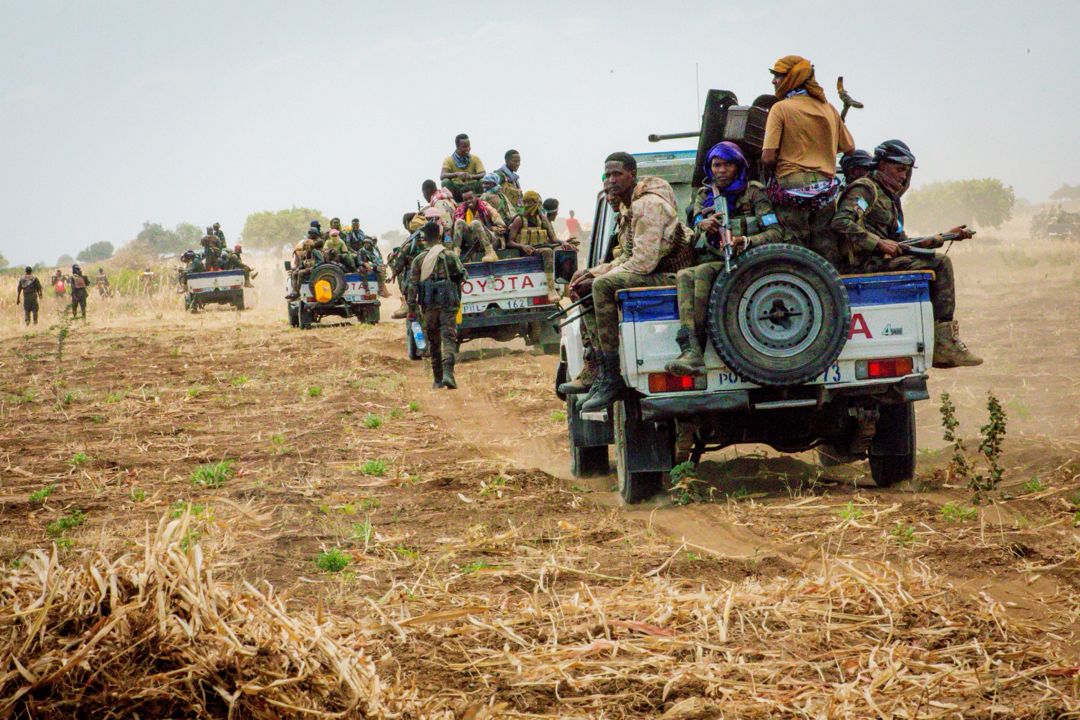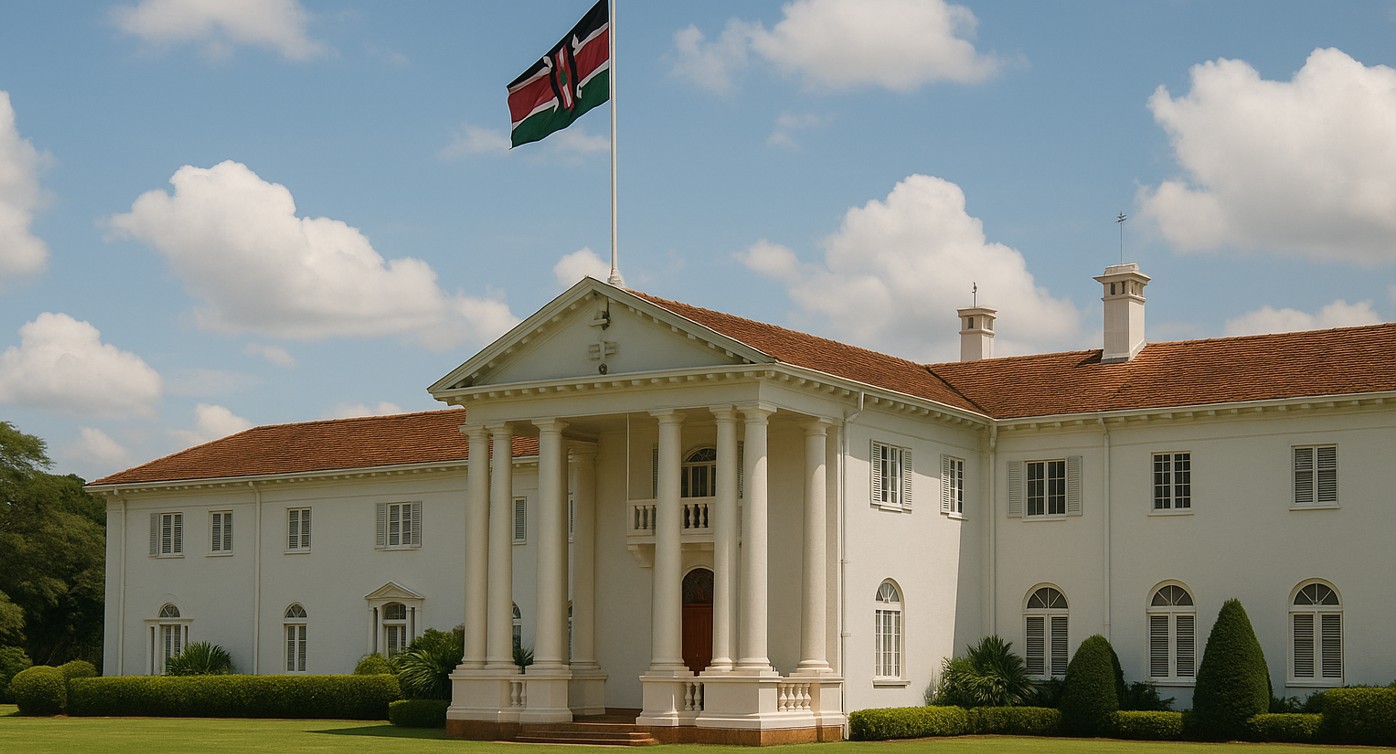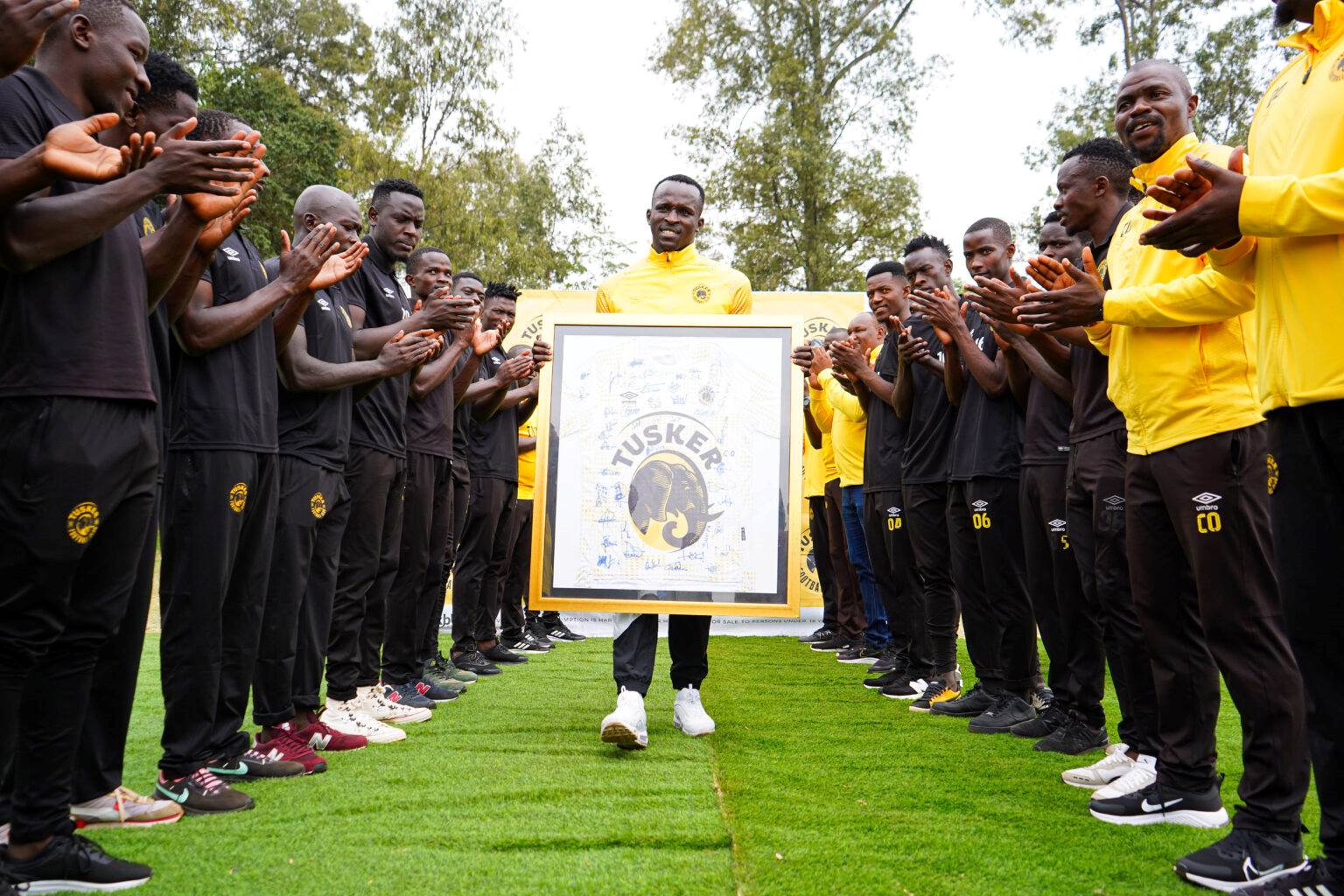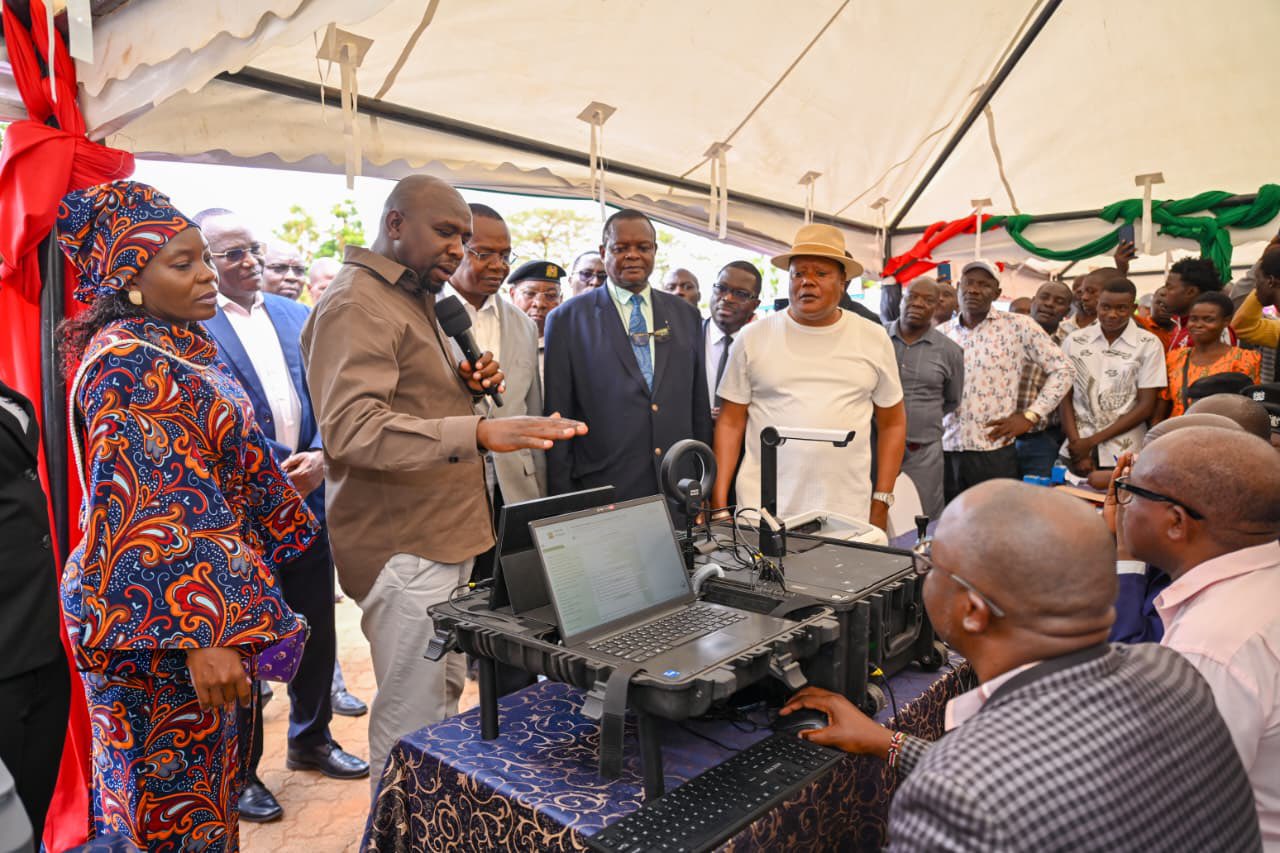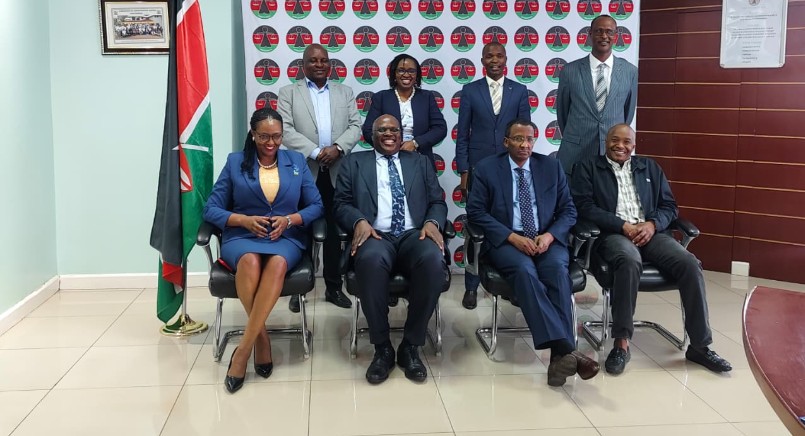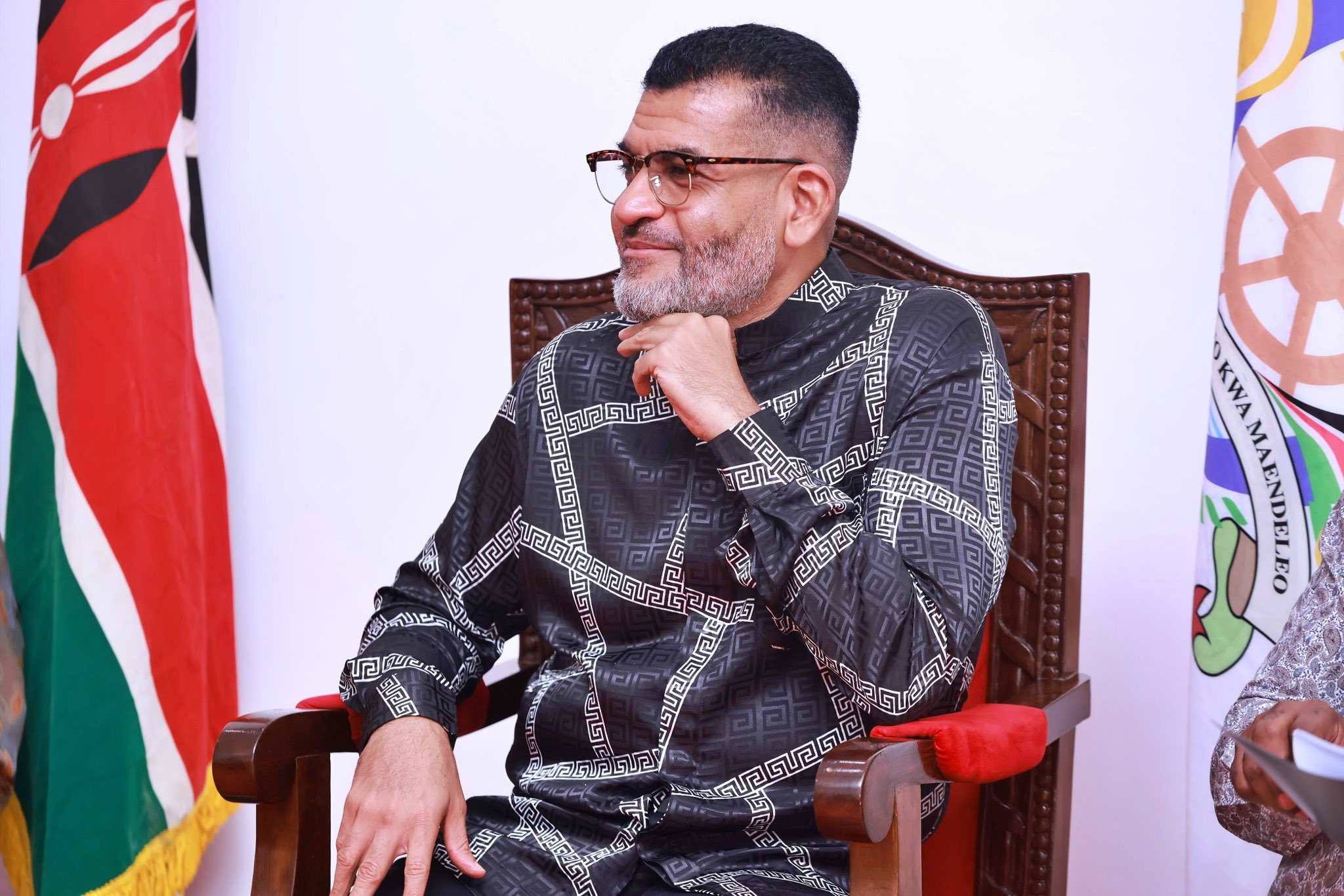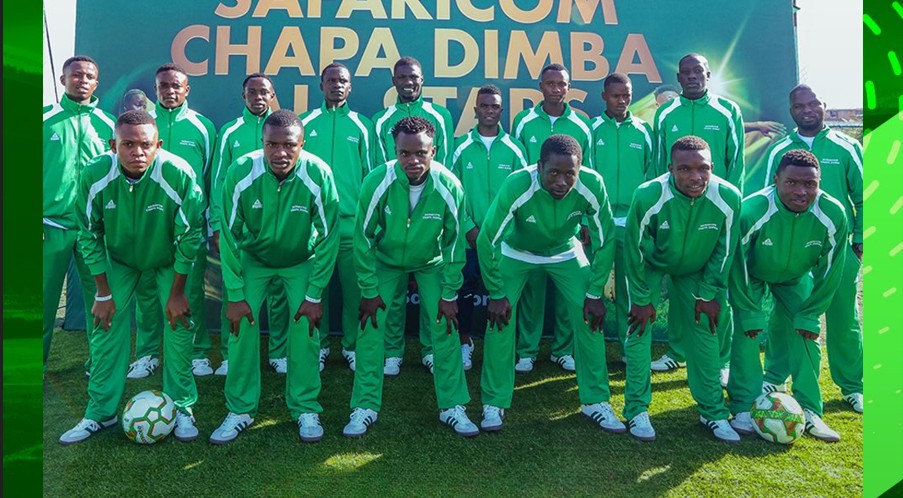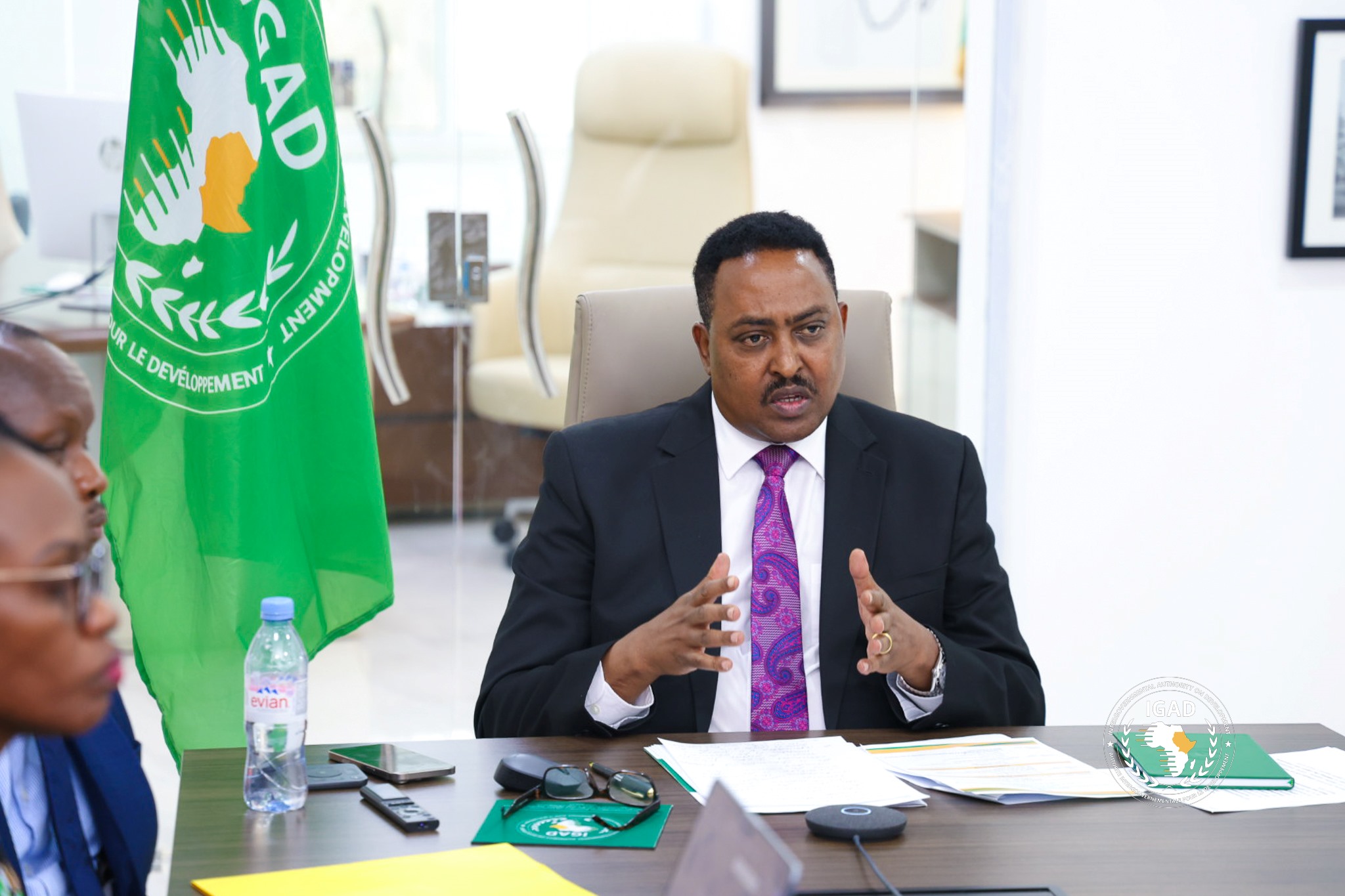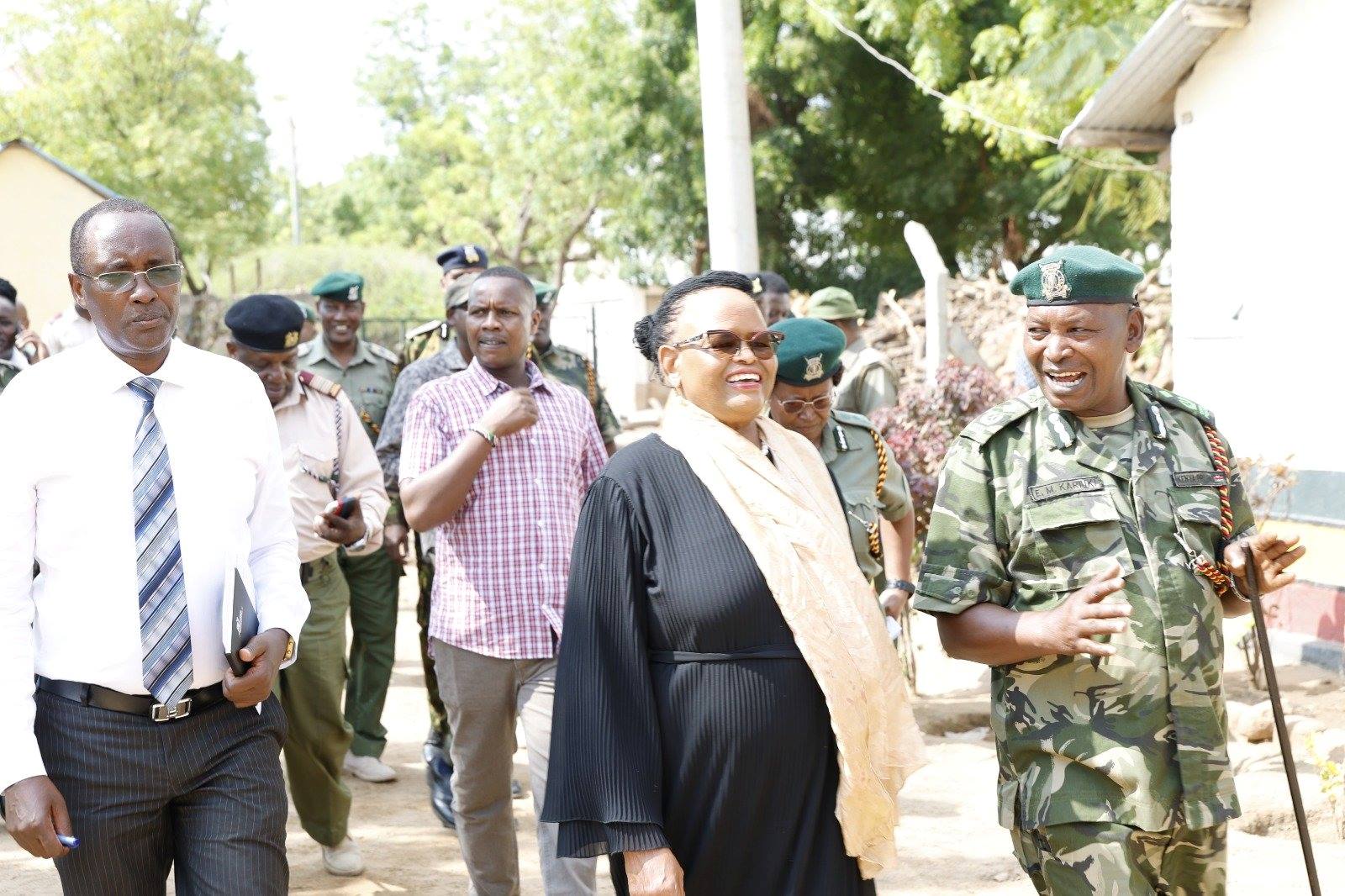11 suspects arrested in Kwa Binzaro cult probe, Police IG Kanja says many victims are non-locals
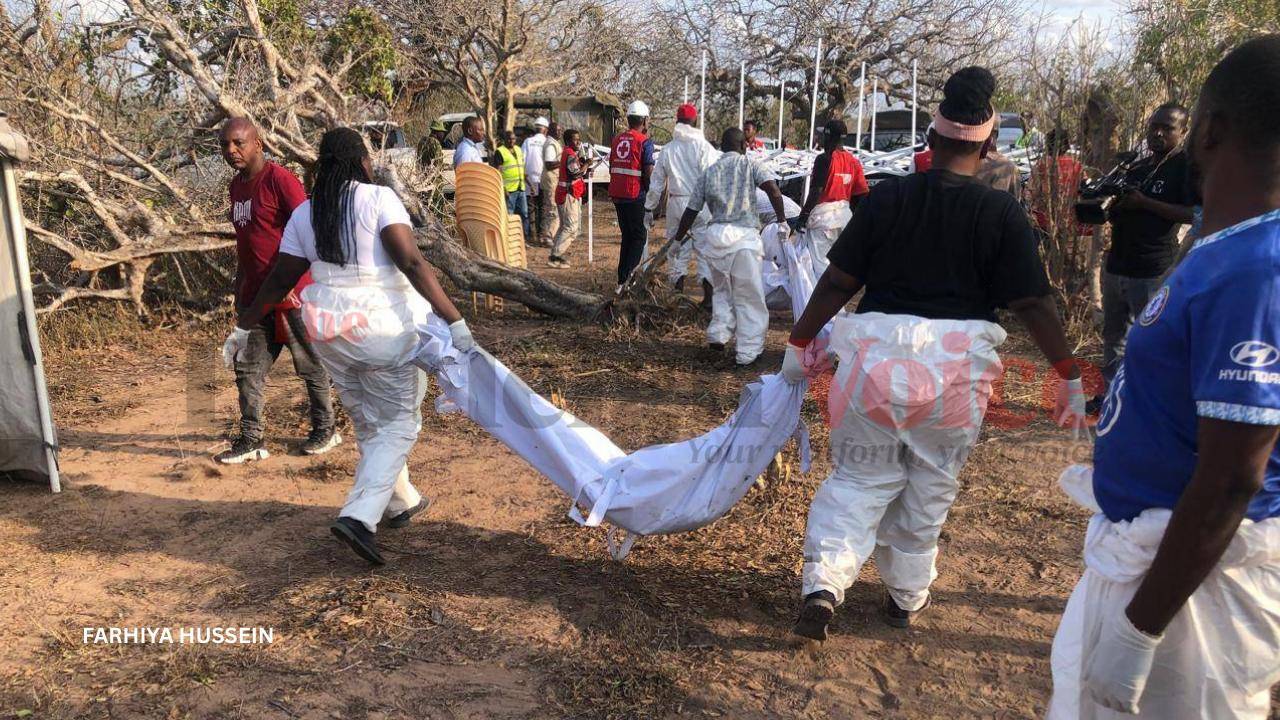
Police IG Kanja revealed that the majority of the victims are believed to be non-locals.
At least 11 suspects have been arrested in connection with the Kwa Binzaro massacre in Kilifi County, where police have exhumed 34 bodies from shallow graves and recovered more than 100 human remains, Inspector General of Police Douglas Kanja has confirmed.
Speaking on Wednesday after he inspected the graves, Kanja revealed that the majority of the victims are believed to be non-locals.
More To Read
- Murkomen warns Kenyans against silence on cults as new mass graves found in Kilifi
- Grief-stricken families relive pain as court hears Shakahola child torture case
- Prison boss dismisses Paul Mackenzie's alleged poisoning plot at Shimo la Tewa
- Senator Madzayo demands urgent probe into bodies found in Kwa Binzaro forest
- Police admit Shakahola lessons not fully applied after Kwa Binzaro cult deaths
- Kwa Binzaro exhumations halted as 32 bodies are recovered, families urged to give DNA samples
“The investigators are actually on top of that, and very soon we’re actually going to get to know what really happened, but we are aware that many of the people who have been brought here were procured from Asia; they are not locals. They are from other places, brought here radicalised and then at the end of the day they lost their lives that way,” he told journalists.
He noted that four of the 11 suspects currently in custody have been marked as the main suspects. Kanja announced that the Directorate of Criminal Investigations (DCI) is intensifying efforts to establish the cause and motive of the deaths.
The arrests followed a complaint filed by a woman who reported the deaths of her children. Police told the Malindi law court that the suspects will remain in custody for one more month to allow investigations, including tracing money transfers on their phones, suspected of having funded the group’s activities.
Court documents also show the suspects paid rent in houses in Malindi town before moving to the isolated Chakama Ranch in Kwa Binzaro, where they set up mud huts next to which the graves were found.
Those under investigation have been identified as Jairus Otieno Odere, Lilian Akinyi, Kahonzi Katana Karisa, Loice Zawadi, Safari Kenga Nzai, Karisa Gona Fondo, Gona Charo Kalama, Kahindi Kazungu Garama, Thomas Mukonwe, James Kahindi and Sharleen Temba Anido.
They are facing allegations of organised crime, radicalisation, aiding terrorism and murder.
The development comes days after the National Police Service (NPS) admitted shortcomings in handling the Kwa Binzaro case, acknowledging that gaps in intelligence, investigations and coordination among security agencies allowed the tragedy to unfold despite lessons from the Shakahola massacre.
“Despite the lessons drawn from the Shakahola tragedy, which shocked the country last year, a similar situation has once again unfolded, raising questions over preparedness and response,” Police spokesperson Michael Muchiri said.
Exhumations at Kwa Binzaro have been suspended to allow for DNA analysis of samples collected. Government pathologist Dr Richard Njoroge said postmortem examinations would begin once X-rays on the bodies were completed.
Kanja noted that a multi-agency team is on the ground to unearth the truth.
“We have our best team working here, and very soon we will complete the investigation,” he told journalists.
He also admitted that Chakama Ranch’s vast size made policing difficult.
“This is a very expansive and forested area, and for that reason, it needs all of us to come together so that we can overcome these challenges,” he said.
This marks the second time bodies linked to cult activities have been exhumed within Chakama Ranch, located about two kilometres from Shakahola, where Pastor Paul Mackenzie remains in custody after more than 400 bodies were exhumed near his Good News International Church.
Victor Kaudo of the Malindi Community Human Rights Centre has urged the government to declare the Kwa Binzaro massacre a national disaster.
“When children arrived at the five-acre home located in the Kwa Binzaro area, they were happy that they had found a new home; unknown to them, the torture that awaited them,” Kaudo said.
“We are witnessing pregnant women being exhumed here. This calls for the government to give this matter the importance it deserves.”
Authorities are now pursuing leads into who financed the Kwa Binzaro operation, with evidence suggesting organised structures that facilitated recruitment, radicalisation and concealment.
Top Stories Today

